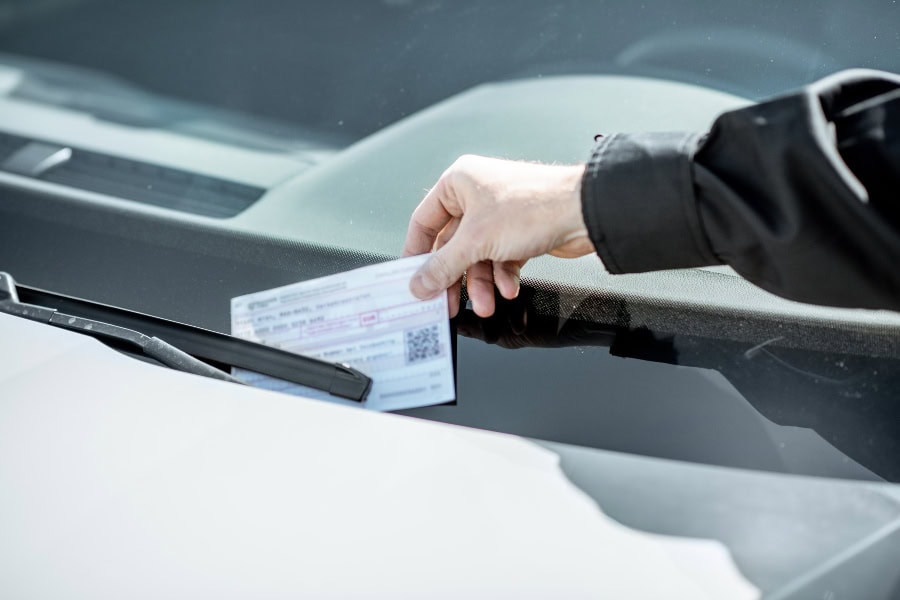How the Amendments Can Affect Your Freedom: A Comprehensive Guide
The Bail Act 2013 is the legislation that authorises how bail is enacted throughout New South Wales. The act provides a framework for bail decisions concerning if an accused person must appear in court, be detained, or be released with possible conditions.
The legislation outlined in this act determines if an accused party can be released with or without bail or if they must be detained until their trial. For accused parties and those pleading guilty, the recent changes to the NSW Bail Act can significantly impact their ability to be released on bail.
Enlisting a knowledgeable bail lawyer to navigate these changes is ideal. Still, you can keep reading to learn more about the changes to the Bail Act NSW.
Organise A Free Consultation – (02) 8005 3075
NSW Bail Act Changes
The Impact of the Amendments to Section 22B of the NSW Bail Act on Those Awaiting Sentencing
The NSW Bail Act changes, or amendments, mainly concern section 22B. The amendments were added on 27 June 2022 by Parliament.
The 22B section concerns the ability to receive appropriate bail post-conviction but before sentencing. This temporary bail allows convicted persons to get their affairs in order and prepare for their sentencing and prison time.
The amendments of section 22B state that the guilty party awaiting sentencing must show cause for bail, meaning they need a valid reason to be granted bail. This burden is on the defendant, as they are responsible for proving they should be released, and the prosecution does not have to prove they need to be remanded in custody.
So rather than a lack of reason to keep them in jail, NSW courts require a valid reason for bail and release before sentencing.
What the Bail Act NSW Changes Mean
This amendment is not the first change to section 22B. Each addition only makes it more difficult for defendants to receive bail before sentencing. The consensus among the legal community implies that the changes will make it harder for some to have their bail granted in NSW, even those who are not a flight risk or danger to society.
Since defendants now need a valid reason to receive bail, it’s much more difficult to get bail before sentencing. Defendants need to establish exceptional circumstances, which is troublesome.
Examples of Exceptional Circumstances
To make it worse, the section does not clearly define what qualifies as special circumstances. A few examples of exceptional situations that may help a person receive bail before their sentencing hearing are:
- Participation in treatment programs (rehabilitation, therapy, etc.)
- Court-supported bail programs
- Stable employment or accommodations
- COVID-19 related circumstances
- Hardships concerning health or age
- Substantial family hardships
- Children or other dependents
- Assisting authorities
The Implications of the Amendments
Before the many amendments to section 22B, offenders only had to present no risk to society or potential to flee. This requirement means the offender is extremely unlikely to offend while on bail and also unlikely to skip town to avoid prison time. The burden was on the prosecution to prove otherwise.
The 2022 changes to 22B shifted the responsibility to the defendant and now require substantial reasons for bail. Being a non-threatening defendant is not enough anymore. The court is now mandated to refuse bail and issue full-time imprisonment when no exceptional circumstances are present.
Certain offences are practically impossible to receive bail for, such as violent crimes, treason, and murder. But the amendments make it hard for people who have committed minor, non-violent offences, like shoplifting or drink driving offences, to receive bail.
Electronic Monitoring and Other Bail Conditions
In addition to the changes in section 22B, other bail conditions have been added to the bail act. Section 30A requires that all accused persons out on bail must have electronic monitoring that satisfies the bail authority.
While the electric monitoring condition is not too restrictive, it does add to the bail limitations. Overall, the new amendments make bail far more complex and challenging for offenders.
The legal community sees the issues with these new amendments and the unfairness to defendants. The best way to increase your chances of receiving bail is to hire an experienced bail lawyer who understands the ins and outs of these new guidelines.
Controversy Surrounding the NSW Bail Act
The Issue of ‘Rushed Reform’
The main issue concerning the recent changes to the Bail Act NSW is the hastiness with which they were passed. Rushed reform can lead to flawed laws, and this is a prime example.
The Importance of Time Between Verdict and Sentencing
Many politicians and bureaucrats don’t realise how extensive the time between a verdict or plea and the sentencing hearing is. Defendants can sit in jail for months or even over a year, awaiting sentencing.
Non-violent and non-repeat offenders deserve to use that time to make arrangements before serving their sentenced time. While most sentencing will include time served, some cases do not, meaning the defendant is forced to remain in custody for longer than they deserve for their offence.
Controversy Surrounding Section 30A
There is little controversy concerning the amendments to section 30A. However, some feel this invasion of privacy is unjust, especially when the offender was granted bail. But considering the struggle to get bail in the first place, most offenders accept the electric monitoring requirements without complaint.
The Impact of the Changes on Offenders
The changes to the Bail Act NSW pose substantial obstacles for offenders who deserve bail before they serve their sentence. Politicians and bureaucrats don’t understand the value and importance of this bail time and the burden it places on offenders.
The legal system continues to make the process more difficult for defenders and easier for the prosecution. This legal model can lead to wrongful convictions and other extenuating issues that can infringe on justice.
How to Get Bail With These New Changes
Seek Expert Help For Your Bail Application With James & Jaramillo Lawyers
Unfortunately, these new amendments to the Bail Act NSW result in the rejection of many detention applications and frequent bail refusals. Navigating these new rules alone is frustrating and perplexing.
Even if you believe you have relevant exceptional circumstances, proving you have valid cause for bail is challenging and laborious. A professional bail lawyer will have the know-how to help you compile a decent argument so you can get bail before sentencing.
Call the expert bail & criminal lawyers in Sydney at JJ Lawyers to help you get the bail you deserve!
For more comprehensive breakdowns on related criminal law, family law or traffic law topics, see our dedicated law blog, where we unpack questions such as ‘Can Police Access Your Phone Australia?’, ‘What Is The Blood Alcohol Limit in NSW, Australia?’, & More!






